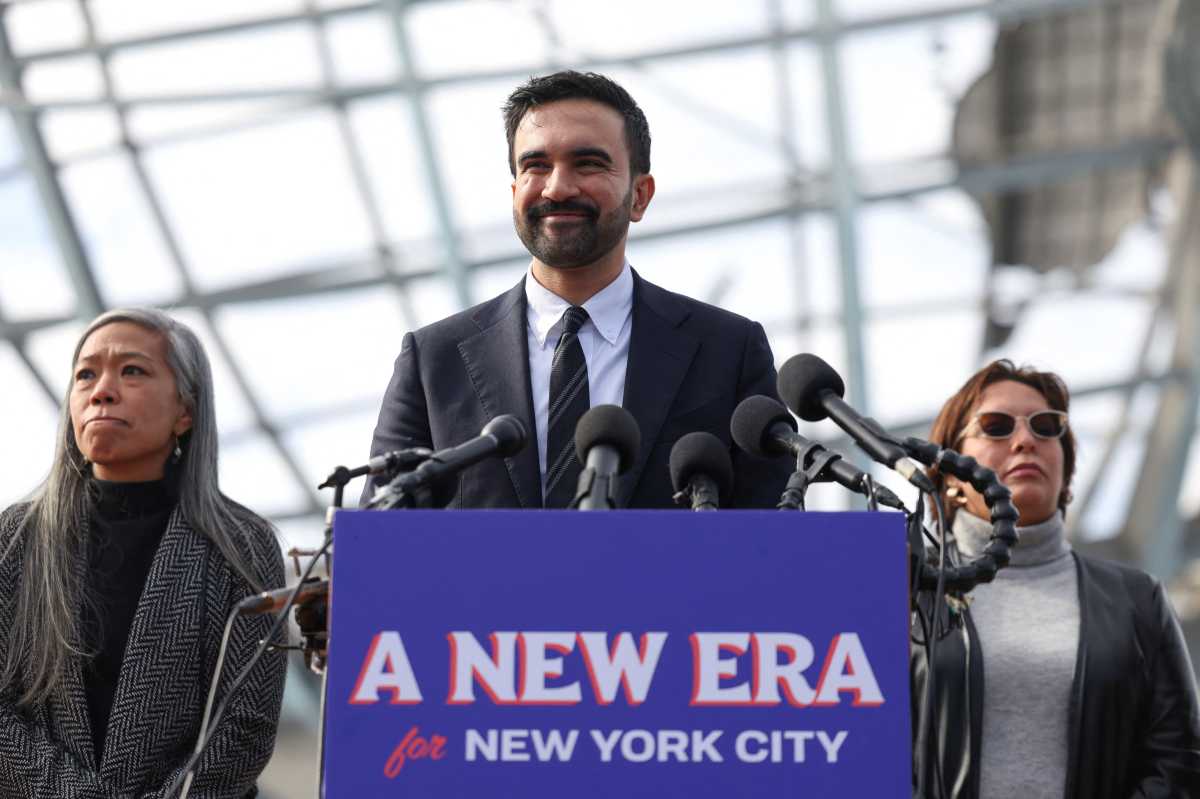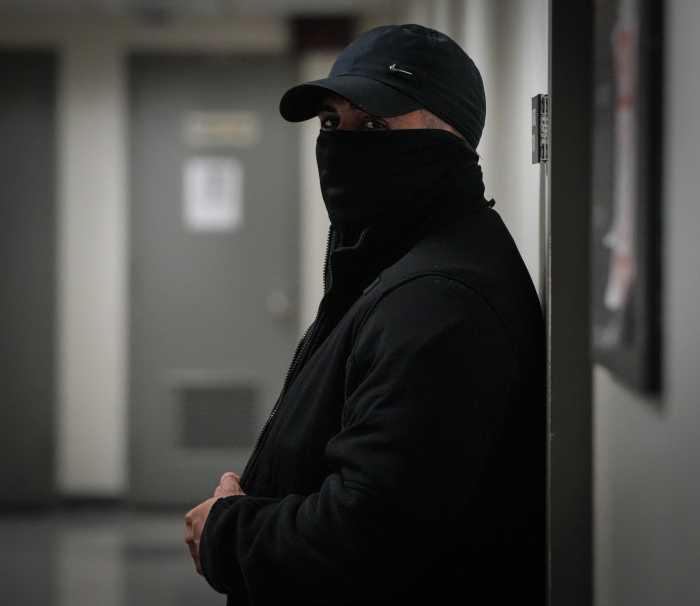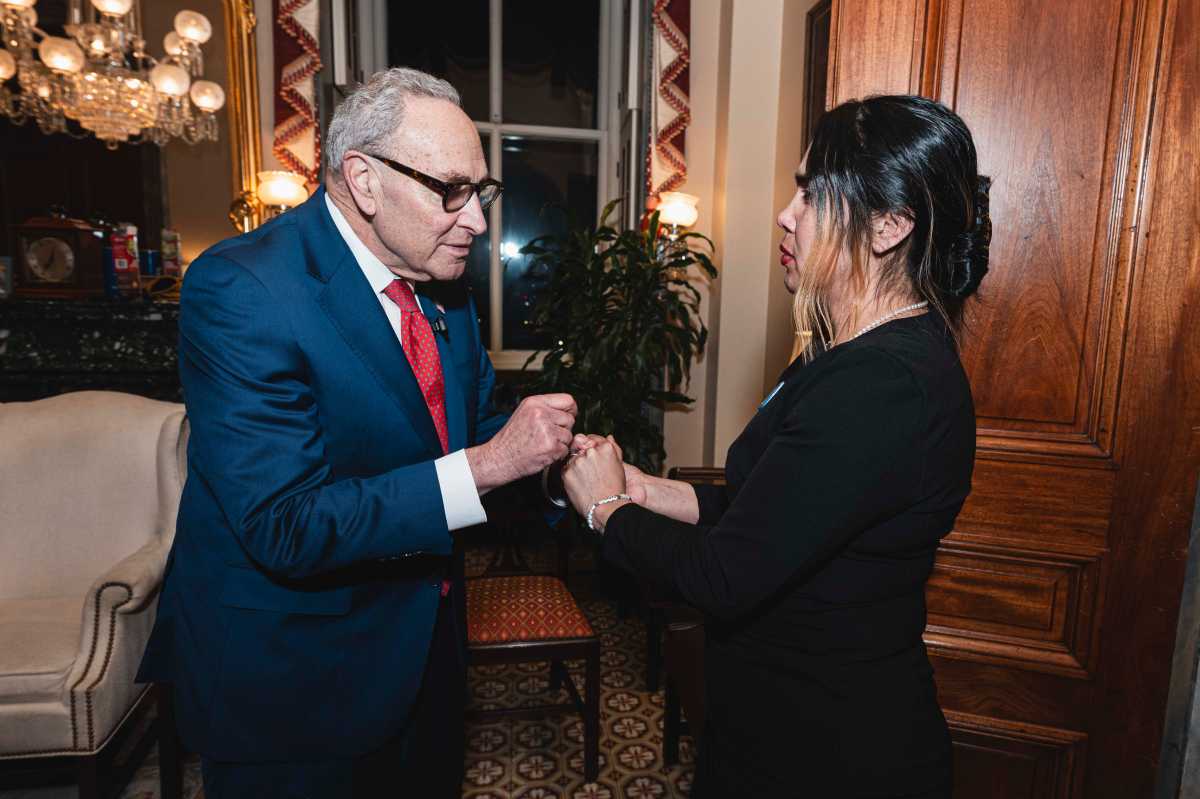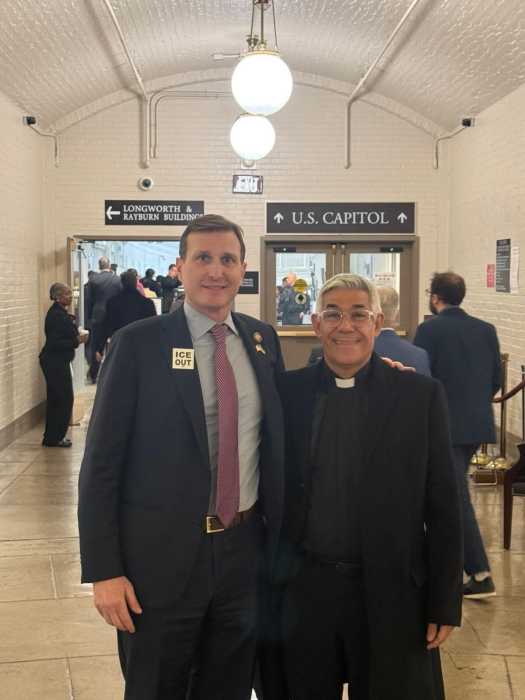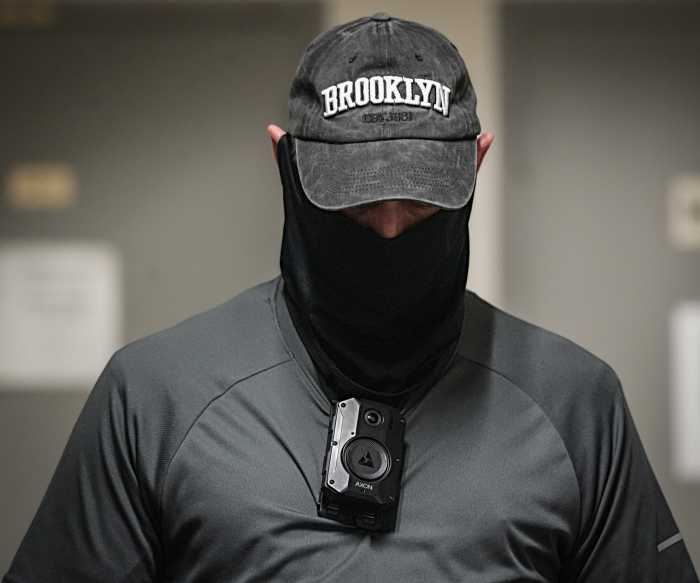For the tens of thousands of members of New York City’s legal community, Zohran Mamdani’s historic election as its 111th mayor is viewed as either a blessing or a curse, depending upon who you ask.
After he takes Gracie Mansion next year, Mamdani could make moves that majorly impact the city’s legal community. He will be in charge of the New York City Law Department which — with about 760 attorneys on its roster — is essentially one of the city’s largest law firms.
The mayor-elect will also be able to reshape the city’s judiciary through appointments to the bench in criminal, civil and family courts.
For the city’s wealthiest residents and some of the lawyers who represent them, the 34-year-old democratic socialist’s agenda — which includes freezing rent increases on rent-stabilized apartments and opening government-run grocery stores — stoked enough concern they raised millions to try and derail his campaign.
According to data from the New York City Campaign Finance Board, prominent New York City lawyers who donated to Andrew Cuomo, who ran against Mamdani on the independent line, include Paul, Weiss, Rifkind, Wharton & Garrison chair Brad Karp; Aidala, Bertuna & Kamins co-founders Arthur Aidala and Barry Kamins; former Southern District of New York U.S. Attorney Geoffrey Berman, who is now chair of Fried, Frank, Harris, Shriver & Jacobson’s litigation department; and Elkan Abramowitz, a Morvillo Abramowitz Grand Iason & Anello partner who was on Cuomo’s legal team when the former governor faced allegations of sexual harassment.
For some in the city’s real estate set, Mamdani’s election has inspired a sense of “dread,” said Alexander Lycoyannis, a real estate partner at Holland & Knight.
“There are some people who like him. In the real estate context, let’s just say he’s not popular,” Lycoyannis said. He said that he is concerned that the advent of the Mamdani Administration may inspire commercial rent control which, while not a part of Mandani’s platform, is an idea that was floated as recently as 2020, during the final months of Bill de Blasio’s mayoralty.
But for many of the city’s public defenders, Mamdani’s victory is cause for celebration. The mayor-elect has pledged support for closing the sprawling jail complex on Rikers Island and to create the Department of Community Safety, a $1.1 billion agency that will oversee violence prevention programs and dispatch mental health workers to 911 calls.
The Association of Legal Advocates and Attorneys, UAW 2325, which represents thousands of the city’s public defenders, was one of the first unions to endorse Mamdani early in the Democratic primary.
“It’s just a new landscape,” said Jane Fox, who chairs the Legal Aid Society attorney’s union with UAW Local 2325. “And the Mamdani administration, because they’re so grounded in labor principles, will just have a much more fundamental understanding of where we fit in because of our density within the sector.”
After Mamdani takes office, the union plans to push City Hall to expand funding for legal services so that defenders’ salaries can be more in line with their federal counterparts.
In its monthslong contract dispute with Legal Aid Society management — which came weeks after Mamdani’s primary win — the union was able to secure a clause that allows it to restart salary negotiations at any point until June 2026.
“What public defenders… get paid determines the level of service that members in the community get from us,” Fox said. “If we have high turnover because people are burned out… because our wages are so low and our members can’t afford to live in New York City, then the community doesn’t get our services, right?”
Federal cuts from the Trump administration are an unpredictable concern on the horizon as the union plans its advocacy around the next city budget, but Fox said they’re not going to undercut their ask, even if it means they have to adjust strategically closer to June.
“None of us are naive about the idea that [President Donald Trump] could make those decisions and they could land really hard. But we’re not going to have a fear-based strategy,” Fox said.
Civil rights and immigrant advocates are also hopeful that Mamdani will strengthen enforcement of the city’s sanctuary laws, which limit the city’s cooperation and information sharing with federal immigration enforcement.
Mayor Eric Adams incensed advocates when he called to roll back some of the city’s sanctuary policies as Trump geared up for office last year and sought to allow a post for Immigration and Customs Enforcement on Rikers — a move that was struck down in court.
Mamadani can distinguish himself by treating the laws like laws, “not suggestions,” said New York Civil Liberties Union policy counsel Zach Ahmad.
“There’s a real opportunity for the incoming mayor to both restore and meaningfully expand on our city’s laws and policies,” he added.
Ahmed said that Mamdani could require all city agencies to develop new formal written guidance to ensure compliance with city laws, ensure all agencies are aware of their obligation to not use resources or time for immigration enforcement and conduct a citywide audit of management procedures that protect sensitive immigrant data.
Ahmed is also hopeful that Mamdani will support new sanctuary legislation including a bill by New York City Council Member Shahana Hanif that would create a private right of action for people who have been subject to violations of city sanctuary laws.
Elizabeth Wu, a senior staff attorney at the Center for Immigration Innovation, said that there are some practical limitations to Trump’s threats to further ramp up immigration enforcement because it’s already at such a high level.
Half of all immigration court arrests nationwide were in New York City in late May and early June, according to a new analysis of federal immigration court and ICE data by THE CITY
“What we’ve been seeing enforcement-wise in New York has already been extraordinarily awful… in a lot of respects. New York was already kind of ground zero for the new age of immigration enforcement and detention,” Wu said.
The recent ICE raid on Canal Street in Manhattan’s Chinatown could suggest a blueprint for future agency activities. Wu thinks ICE may rely on these more visible forms of enforcement as an intimidation tactic rather than a numbers-based technique.
In May, ICE opened a new detention hall in Newark to increase detention capacity in the greater New York City metropolitan area, but she said it’s still possible that they will still be limited.
“That’s one kind of practical factor that would obviously impact on their ability to carry out the kind of the threats that Trump has been making,” she said.
In recent years, New York City and the state government have expanded legal defense programs to represent immigrants facing deportation. Immigration attorneys were one sector that the Legal Aid society identified as needing expansion in its statement celebrating Mamdani’s election.
The force will also need new forms of training to challenge potentially extrajudicial forms of ICE detention. Many immigration lawyers are used to practicing in administrative immigration courts, but changes to immigration enforcement policies mean that immigration lawyers increasingly have to rely on habeas corpus rights, the laws that protect people from being held in detention without a good reason. Wu specializes in running a program that helps practicing lawyers navigate this legal area.
“It’s like a totally different set of rules,” she said, so her team has been “training up folks to even be able to set foot in that court to get their client out so that they think they can then pursue their immigration case.”



